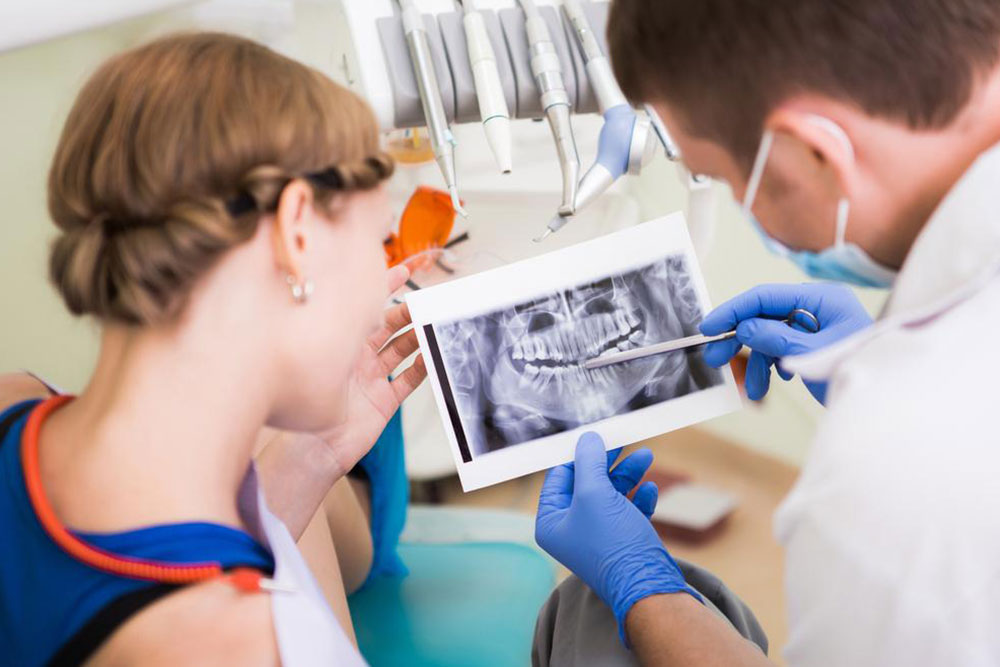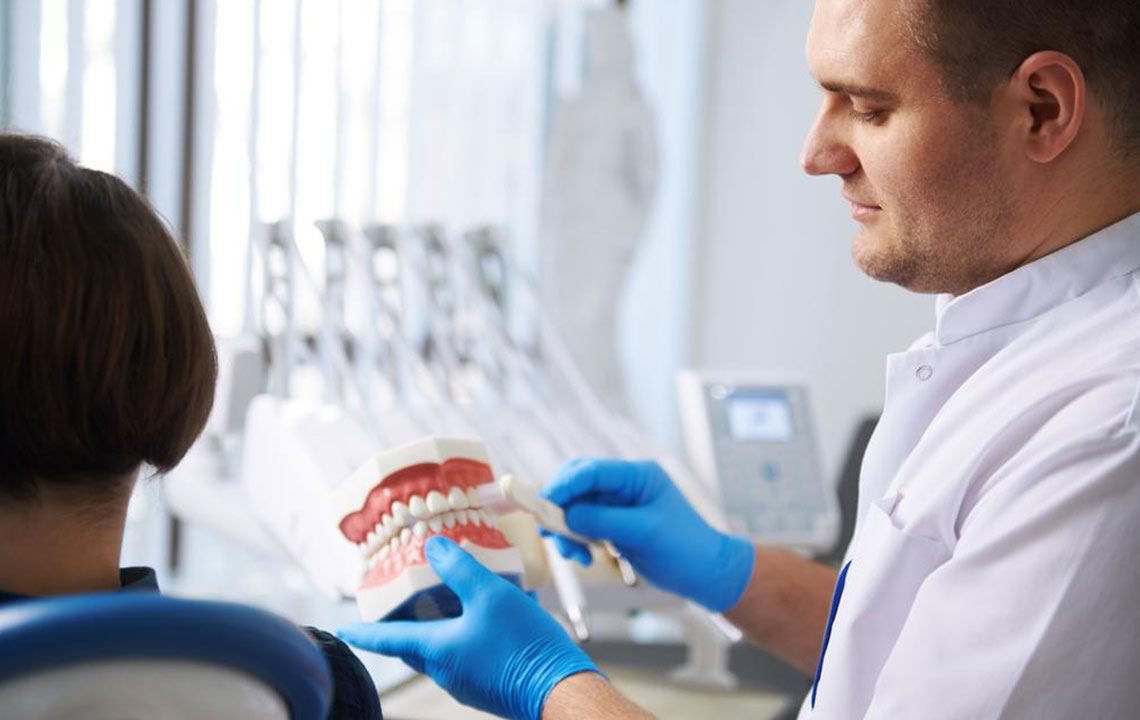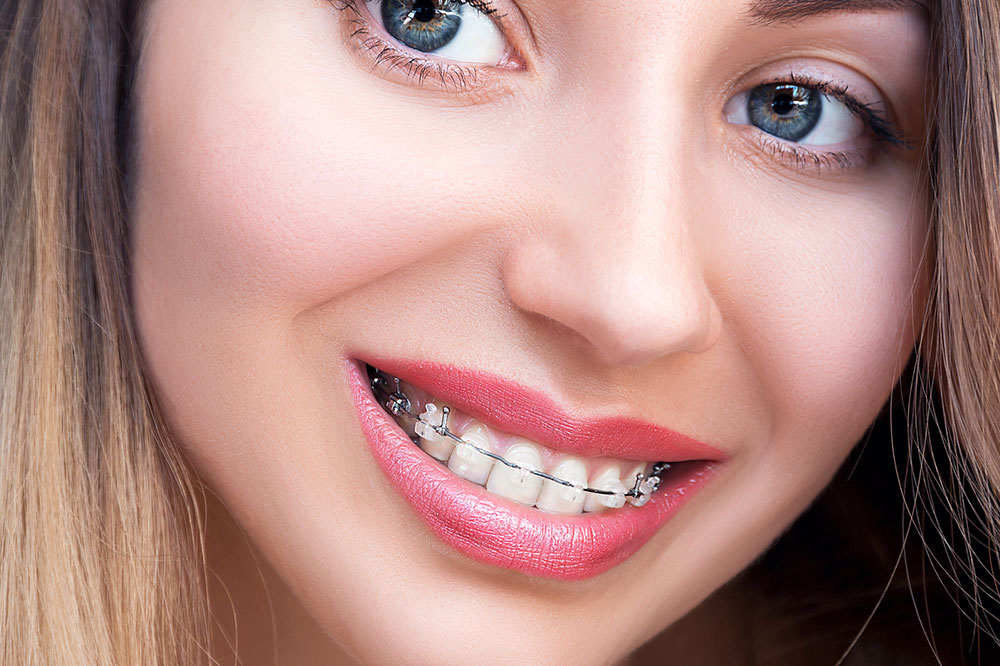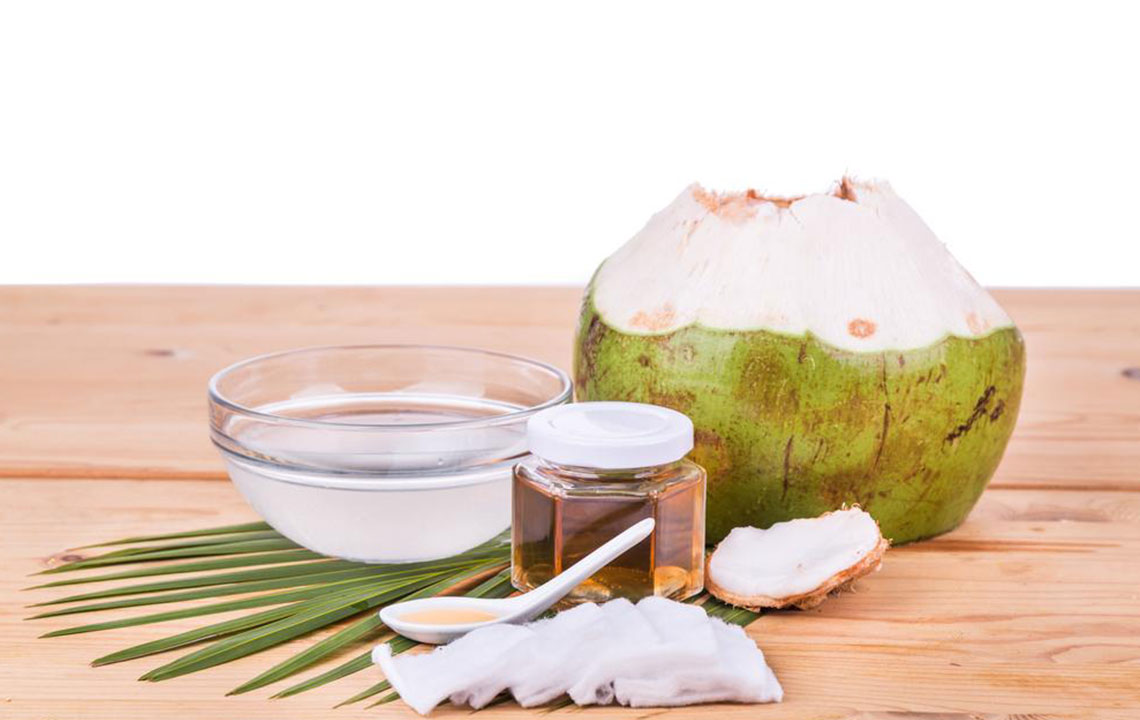Essential Dental Habits to Maintain a Healthy and Beautiful Smile
Maintaining a healthy and beautiful smile requires avoiding common harmful dental habits such as improper brushing, flossing, and mouth rinsing techniques. Choosing the right toothbrush, avoiding using teeth as tools, and being cautious with habits like chewing ice or consuming sugary drinks can significantly improve oral health. Regular dental checkups are essential for early detection and prevention of dental problems. This comprehensive guide offers tips and insights to help you develop better oral hygiene routines and prevent serious dental issues, ensuring a confident smile for years to come.
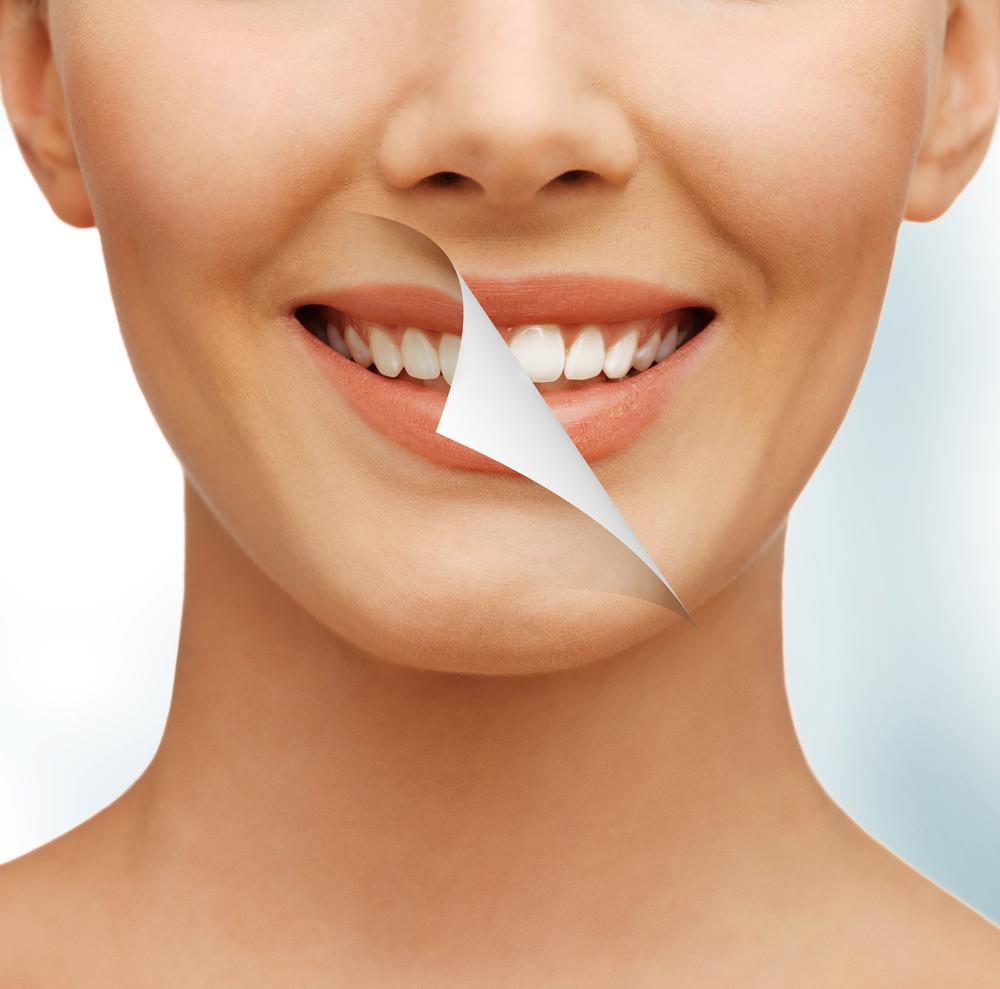
Protect Your Oral Health by Recognizing and Avoiding Common Harmful Dental Habits
Your smile is your most noticeable feature, yet many people unknowingly adopt habits that compromise their dental health. Poor oral routines can not only cause persistent bad breath but can also lead to serious dental diseases such as cavities, gum disease, and enamel erosion. Understanding these common harmful habits and learning how to replace them with healthy alternatives is crucial for maintaining fresh breath, strong teeth, and overall oral well-being.
Incorrect Brushing, Flossing, and Rinsing Techniques and Their Impact
Maintaining optimal oral hygiene requires more than just brushing your teeth. Many individuals fail to follow proper techniques, which can lead to ineffective cleaning and plaque buildup. For effective oral care, it is recommended to brush your teeth for at least two minutes, ideally twice a day, with a suitable toothbrush. Using a timer or a brush with a built-in timer can help ensure you spend enough time cleaning each section of your mouth. Replace your toothbrush every three to four months, or sooner if the bristles become frayed, as worn bristles are less effective at cleaning teeth and can cause gum irritation.
Flossing daily is equally vital in removing plaque and food particles between teeth and below the gumline. Be gentle to avoid damaging delicate gum tissues, and consider using waxed floss to glide smoothly between teeth. After brushing and flossing, rinsing thoroughly with water or an antiseptic mouthwash helps eliminate residual debris and bacteria, reducing the risk of bad breath and dental infections.
Further Insights: How to Effectively Identify and Combat Bad Breath
Choosing the Right Toothbrush for Optimal Cleaning
Many believe that stiff-bristled toothbrushes clean teeth better, but in reality, they can do more harm than good. Hard bristles can irritate your gums, causing discomfort and erosion of enamel over time. Instead, opt for a soft-bristled toothbrush, whether manual or electric, as they are gentle yet effective at removing plaque and stains. Proper brushing technique, combined with the right toothbrush, can make a significant difference in your oral health.
The Risks of Using Teeth as Tools
Using your teeth to open packages, tear tags, or crack nuts and bottles is a common but damaging habit. Such misuse can cause chips, cracks, and wear on your teeth, often requiring costly dental repairs. Additionally, using your teeth in this manner can introduce bacteria from external sources into your mouth, raising the risk of infections. Always use appropriate tools for these tasks to preserve your dental integrity.
Additional Clarification: Effective Strategies to Eliminate Bad Breath Naturally
Unsafe Chewing and Drinking Habits That Harm Teeth
Chewing on ice cubes or popcorn kernels may seem harmless, but these habits can cause small cracks or fractures in the enamel, leading to increased tooth sensitivity and even tooth fractures. Sucking on fruit pits or consuming sugary sodas exposes teeth to acids and sugar, accelerating decay and erosion. Limiting or avoiding these habits is essential for protecting your dental health and preventing costly dental procedures.
The Importance of Regular Dental Checkups
Despite the importance of oral health, many individuals neglect routine dental visits, fearing cost or discomfort. However, regular visits—ideally every six months—are crucial for early detection and prevention of problems like cavities, gum disease, and oral infections. Professional cleanings remove plaque buildup that common brushing might miss, and your dentist can identify signs of potential issues before they become serious, ensuring your smile remains healthy, functional, and attractive. Scheduling consistent checkups is one of the most effective ways to preserve your dental health long-term.


